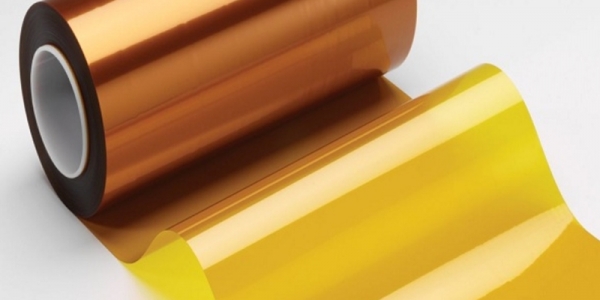
PI Advanced Materials will supply low permittivity polyimide (PI) films to Samsung Electronics for the Galaxy S21 smartphones.
The company will be supplying its modified PI film with even lower permittivity this time around for use in flexible printed circuit board for the 5G antenna.
PI Advanced Materials first began supplying PI films for the Galaxy S series last year. It is currently the exclusive vendor of the films.
Before that, Japan’s Kaneka was the exclusive supplier of modified PI films.
In 5G, due to the increased speed of data transfer, antenna boards are more vulnerable to transmission loss, which leads to power loss. This ultimately leads to faster battery drain. PI films are used to minimize loss of electromagnetic waves from the antenna.
The latest film by PI Advanced Materials has a low permittivity of around 80% of liquid crystal polymer. The South Korean company is aiming to increase this up to 90%.
PI Advanced Materials was also developing modified PI films for use in mmWave spectrum over 24GHz.
The its current films can only react to sub-6GHz spectrum.
Its first modified PI film that launched last year had a Df of around 0.0035 to 0.0045. The modified PI films for use in mmWave will have lower Df.
PI Advanced Materials is expecting sales of 5 billion won from the sales of PI films this year. In 2021, the company is expecting sales of 15 billion won from the launch of more 5G smartphones.
PI films will continue to compete with liquid crystal polymer. PI films have great heat resistance and are easy to fabricate. But the process of making them have low permittivity can cause heat resistance to fall. Meanwhile, liquid crystal polymer has lower permittivity in general but is more difficult to fabricate. It is also more expensive.
For mmWave, liquid crystal polymer has an advantage right now but this could change as more smartphones are sold and companies need to control cost. Apple has been using liquid crystal polymer since iPhone 8 in 2017. Japan’s Murata Manufacturing is leading in liquid crystal polymer.
PI Advanced Materials was formely SKC Kolon PI, but changed its name after it was acquired by private equity fund Korea PI Holdings.

